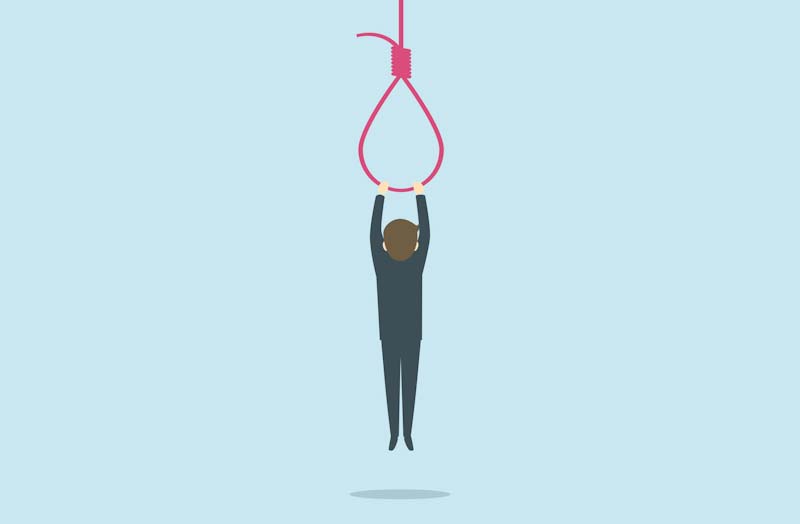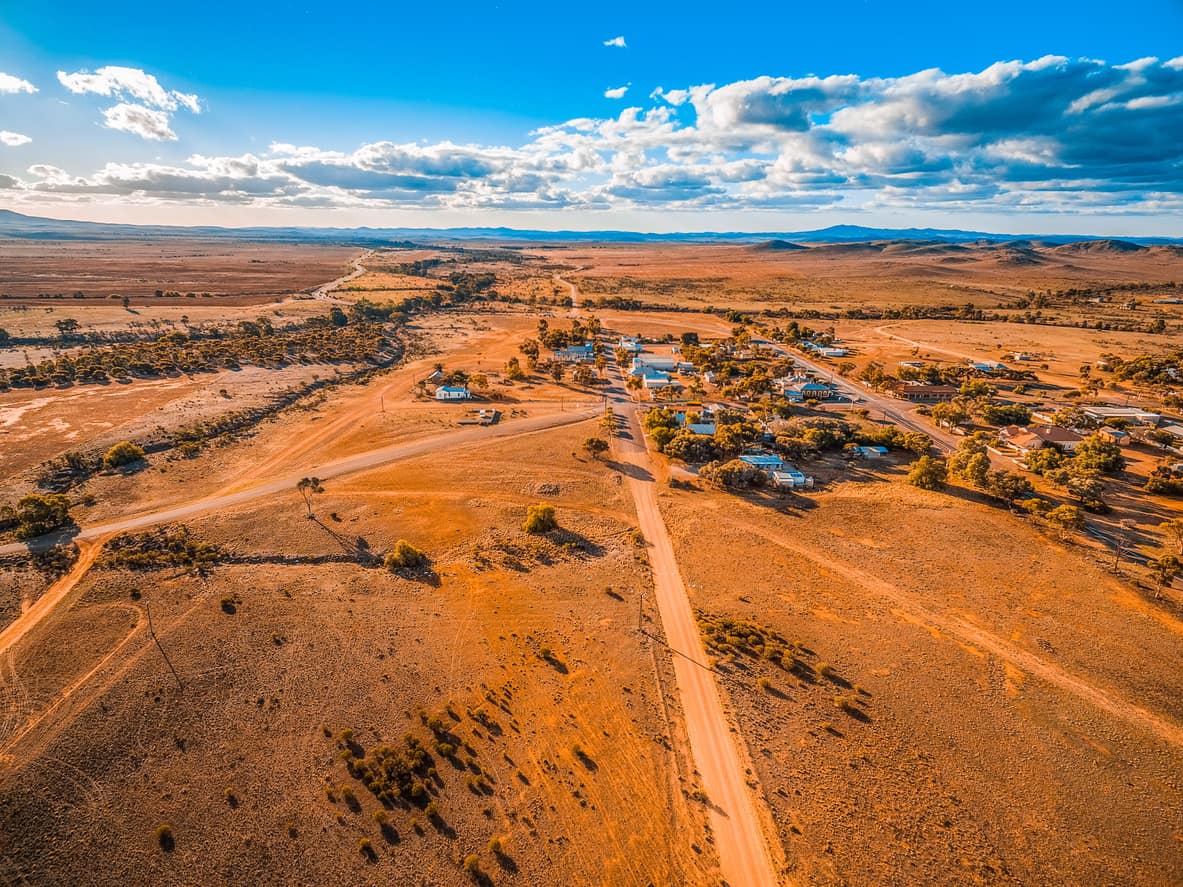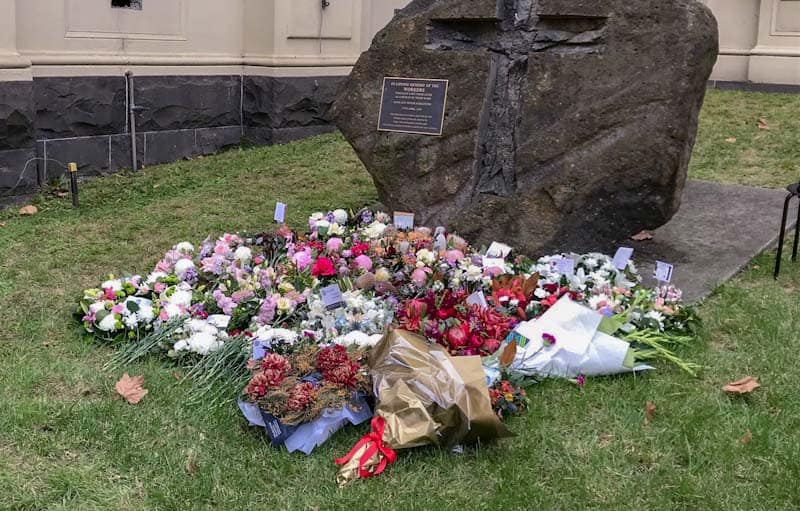Most suicide prevention conferences I have attended have been dominated by mental health analyses, strategies and spruikers. The slow change in that dominance began around Professor Allison Milner’s research in 2018 and her questioning of the evidence of a mental health base but stalled with her untimely death a year later. A recent research paper in the American Journal of Preventive Medicine may be the spark to reignite the discussion on suicides that do not have a mental health connection.
Category: death
Another attack and death of a remote area nurse
In 2008 a remote area nurse was raped and assaulted in her work-related residence in Mabuiag Island in the Torres Strait. More recently, South Australia had a similar incident – the rape and murder of nurse Gayle Woodford while working on-call alone. Both have resulted in inquiries by Coroners, Departments of Health and others, with similar outcomes, primarily that these incidents could have been prevented.
The recent outrage around Woodford’s death was that SafeWorkSA investigated and decided not to proceed with a prosecution of her employer Nganampa Health Council (NHC). The Coroner had already investigated Woodford’s death and found significant deficiencies in the NHC’s management systems and practices. Understandably questions have been asked in the South Australian Parliament, questions that raise important occupational health and safety (OHS) issues.
Cooperation, duty of care, jail, death and a simple message
The details of the death of disabled woman Ann Marie Smith are horrific. (Readers can look them up online but be warned that they are confronting) Last week the South Australian police (SAPol) charged two directors of Integrity Care SA, Amy June Collins and Alison Maree Virgo, and the company itself with criminal neglect causing death and failing to comply with a health and safety duty of care, according to one media report.
There are many occupational health and safety (OHS) lessons from Smith’s death, but one of particular note is that the South Australian Police and SafeWorkSA conducted a joint investigation. Deputy Commissioner of Police Linda Williams said, in a media release:
Applying a big stick ….. of foam
South Australian (SA) Greens MP Tammy Franks has again proposed a Bill on Industrial Manslaughter (IM) to the SA Parliament. For at least the sixth time! Franks may remain unsuccessful as the recently elected Australian Labor Party has promised its own IM Bill. Either way, South Australia will likely have Industrial Manslaughter laws very soon.
In Parliament on May 4 2022, Franks reiterated the importance of these laws but also illustrated their weaknesses.
OHS change
Recently I have been critical of political speeches concerning occupational health and safety (OHS) for being bland, safe, unadventurous and lacking vision. Recently a reader sent me these words:
Continue reading “OHS change”“In recent years occupational health and safety has become the forgotten element of national workplace relations policy. It’s now time to focus on its importance – to protect lives and livelihoods and to ensure the future strength of Australia’s workers compensation schemes. There’s too much in the balance to let the system decline in effectiveness and increase in cost. Lives are at stake.
Anger is an energy*
Last week a Victorian politician and a senior bureaucrat spoke about occupational health and safety (OHS) at the Worksafe Victoria awards night. On April 28, 2022, the same bureaucrat and a couple of other politicians spoke at the International Workers Memorial at Trades Hall in Melbourne. Did they say anything useful? Did they say anything that changes or progresses OHS? And who was the audience?
The PM misses an opportunity for OHS leadership
Last week in Devonport, Tasmania, an inflatable jumping castle flew into the air injuring and killing several primary school-aged children. Shortly after Prime Minister Scott Morrison conducted a press conference in conjunction with the Tasmanian Premier Peter Gutwein and others in which he spoke about the incident and its impact on the local community. It is worth looking at the PM’s comments from an occupational health and safety (OHS) perspective.
Many readers will be aware that fatalities related to inflatable amusement devices becoming airborne are uncommon but not unknown, as the ABC article linked above shows. Most Australian jurisdictions have issued OHS guidelines for amusement devices, including inflatable jumping castles. Here are links to two examples that illustrate the state of knowledge of the risk. This article makes no comment on the OHS circumstances of the Devonport incident.







